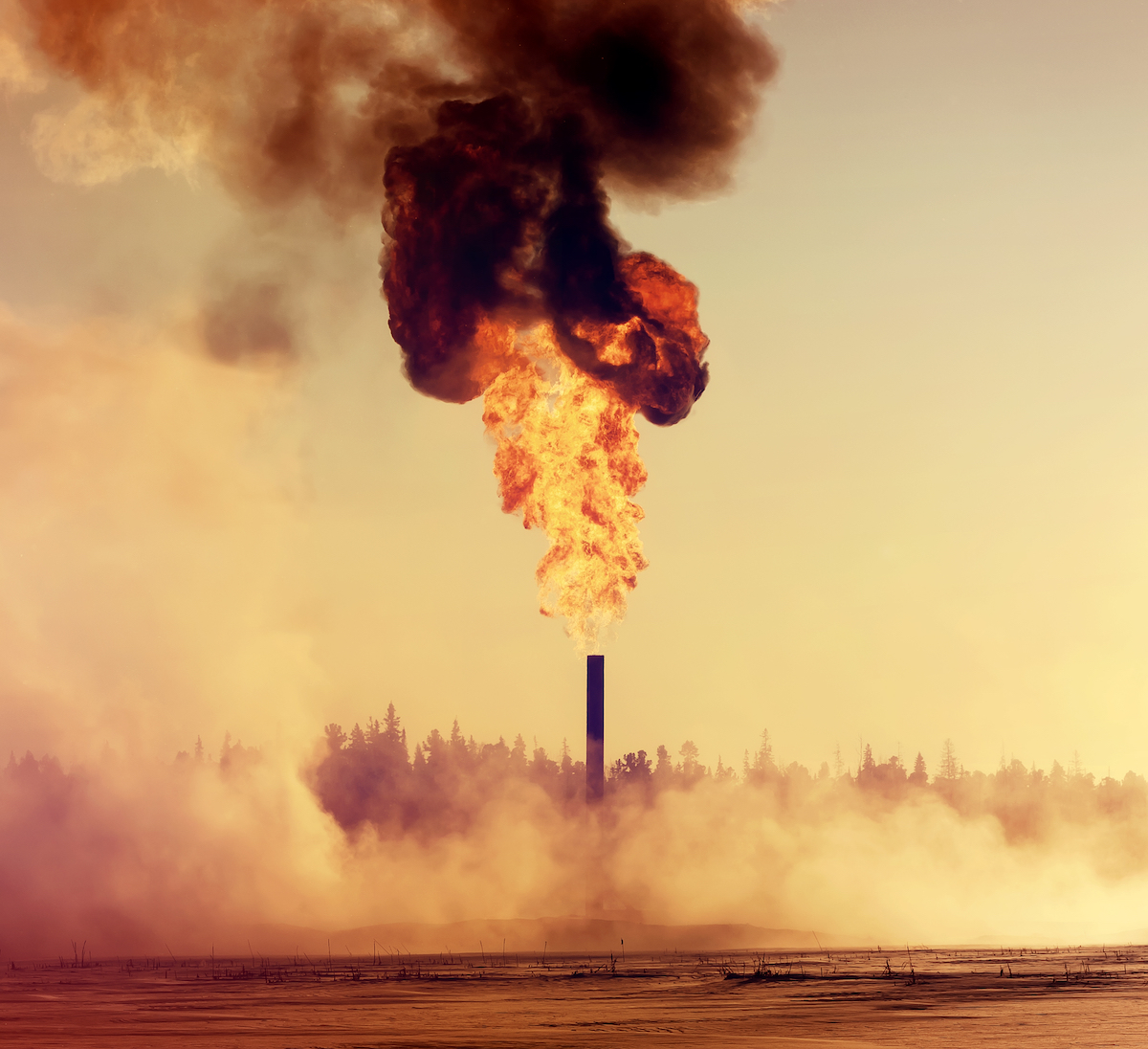US Proposes Rules to Limit Methane Leaks from Public Lands Drilling
(Reuters) — The U.S Interior Department's Bureau of Land Management on Monday proposed rules to limit methane leaks from oil and gas drilling on public lands, the latest move by the Biden administration to crack down on the potent greenhouse gas.
The proposal would place monthly limits on flaring and require oil and gas companies to undertake methane leak detection programs on federal land.
Methane is the main component of natural gas and tends to leak into the atmosphere undetected from drill sites and pipelines. It is about 80 times more powerful at trapping heat than carbon dioxide during a 20-year timeframe.
The Interior Department said venting and flaring activity from production on public lands has significantly increased over several decades.
"This draft rule is a common-sense, environmentally responsible solution as we address the damage that wasted natural gas causes,” BLM Director Tracy Stone-Manning said in a statement.
The proposed rule would require each applicant for a drilling permit to submit a plan detailing how it would minimize methane waste. BLM could hold up the permit application if it finds the plan inadequate.
The draft rule also places a monthly volume limit on royalty-free flaring due to pipeline capacity constraints, which the agency says is the main cause of flaring from federal and Indian leases.
"Excessive venting, flaring, and leaks by Federal oil and gas lessees is wasting valuable publicly owned resources ... and depriving American taxpayers, Tribes, and States of substantial royalty revenues," the draft rule says.
BLM estimates that the rule would cost industry around $122 million per year but would result in benefits in recovered gas of $55 million per year, increases in royalty revenues from recovered and flared gas of $39 million per year and benefits to society of $427 million per year from reduced greenhouse gas emissions.
Related News
Related News

- Keystone Oil Pipeline Resumes Operations After Temporary Shutdown
- Freeport LNG Plant Runs Near Zero Consumption for Fifth Day
- Biden Administration Buys Oil for Emergency Reserve Above Target Price
- Mexico Seizes Air Liquide's Hydrogen Plant at Pemex Refinery
- Enbridge to Invest $500 Million in Pipeline Assets, Including Expansion of 850-Mile Gray Oak Pipeline
- Evacuation Technologies to Reduce Methane Releases During Pigging
- Editor’s Notebook: Nord Stream’s $20 Billion Question
- Enbridge Receives Approval to Begin Service on Louisiana Venice Gas Pipeline Project
- Mexico Seizes Air Liquide's Hydrogen Plant at Pemex Refinery
- Russian LNG Unfazed By U.S. Sanctions





Comments